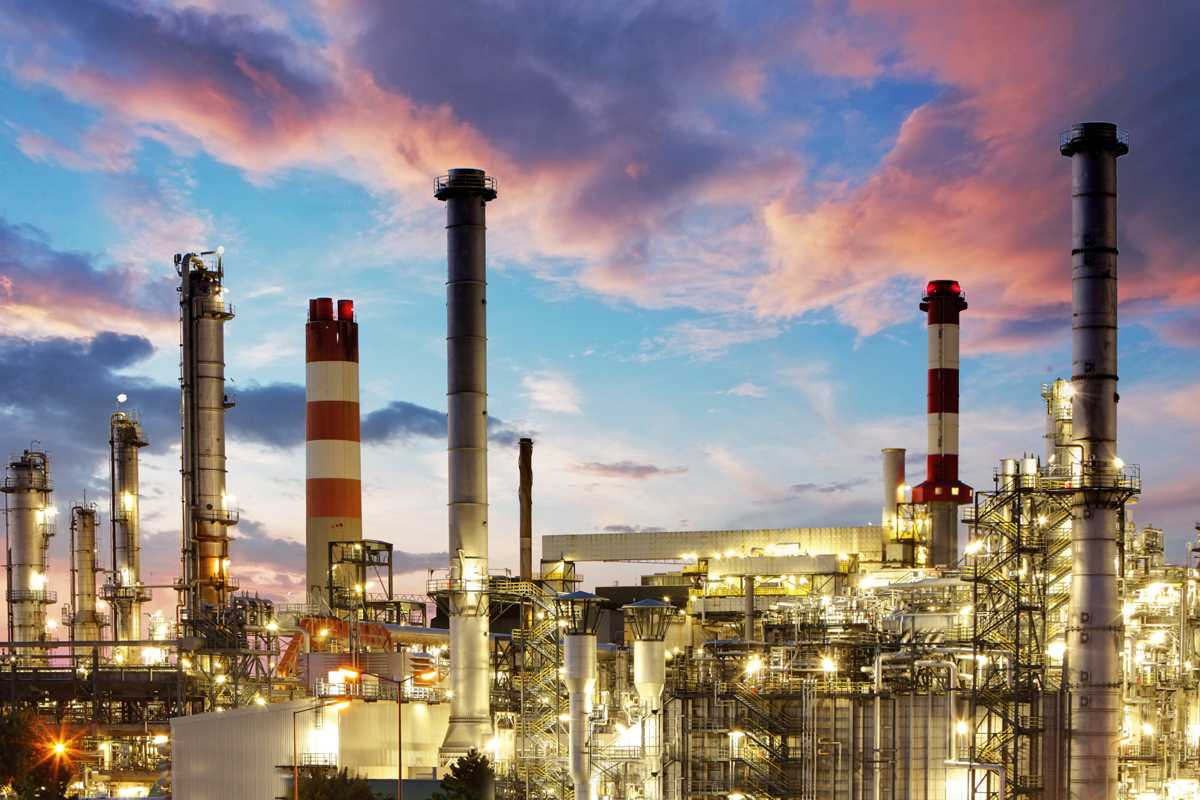Search for Course
Course objective
- To familiarize and understand the various refinery types and appreciate how refining complexity impacts refining optimization and refining margins.
- Comprehend the importance quality giveaways and learn how use blending calculations to reduce these.
- Use hands on software that allow professionals in the industry to choose different types of crude diets and thus optimize refinery utilization and efficiency.
- Act as a primer into the industry of Petroleum Refining to maximize process fluid yields
- Familiarize industry professionals with all processes associated with the processing of petroleum into finished products
- Equip new engineers into the industry, with the basic tools for understanding the complex nature of Refining and its operations
Course outline
Crude Oil Yields Refinery Technology
- Introduction to Crude Oil Origins & Characteristics
- Crude oil Assay and properties
- Crude oil products & Product specifications
- LPG
- Gasoline
- Kerosene/ Jet Fuel
- AGO / Diesel Fuel Oil
- Petrochemical Feed stocks
- Overall refinery flow: Interrelationship of processes
Petroleum Refinery Processes
- Crude Processing
- Desalting
- Atmospheric distillation
- Vacuum distillation
- Heavy Oils Processing / Bottom of the barrel upgrading
- Cocking and Thermal Processes
- Delayed Coking
- Fluid Coking
- Flexi coking
- Visbreaking
- Case study – example
Process for Motor Fuel Production
- Fluid catalytic cracking
- Hydrocracking
- Cat Cracking
- Isomerization
- Alkylation
- Hydro treating
- Catalytic Reforming
- Case study – example
Supporting Operations
- Blending for Product Specifications
- Hydrogen production
- Refinery Gas Plants
- Acid Gas Treating
- Sulfur Recovery Plants
- Utilities
- Case study – example
Refinery Economics
- Residue Reduction
- Asphalt and Residual Fuel
- Refinery Complexity and Netback
- Economic Evaluation
- Cost Estimation
- Case Studies
- Group Discussions
- Program Evaluation & Summary
Who should attend?
- Refining engineers
- Operations personnel including shift supervisors
- Marketers and refinery planners
- Blending professionals
- Other engineers who would like a further understanding of the complex refining processes
- Accountants, marketers and other professions who would like to comprehend the advantages and limitations of the various refining processes at their site.



